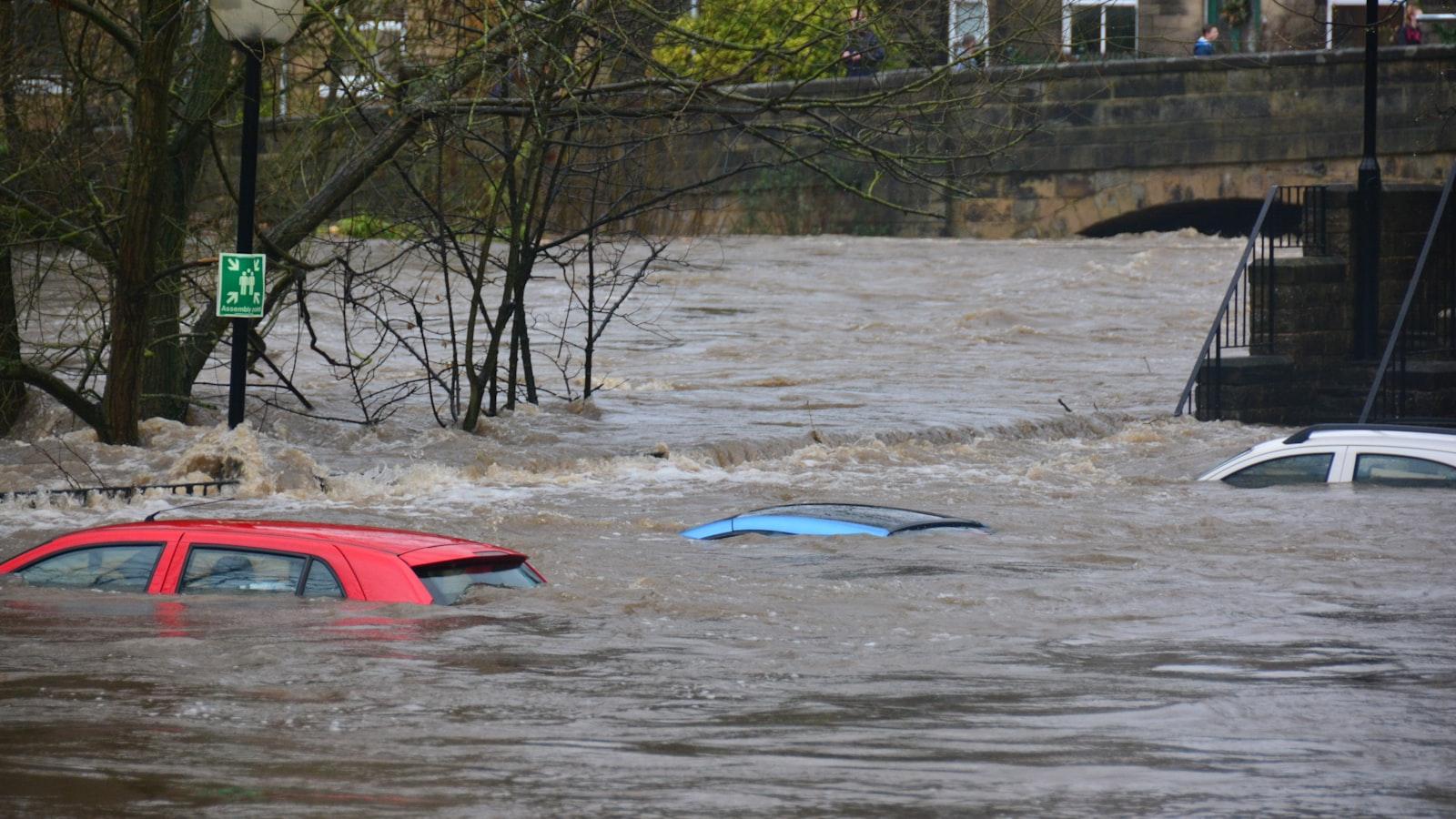Imagine peering into a crystal ball that reveals glimpses of our planet’s future. James Lovelock, a renowned scientist and environmentalist, has made intriguing predictions that spark contemplation and debate. From his groundbreaking Gaia hypothesis to his bold forecasts about climate change, Lovelock’s insights have captivated minds worldwide. Join us on a journey through the realms of science and speculation as we explore James Lovelock’s fascinating predictions and their implications for the world we inhabit.
Table of Contents
- The Prophetic Vision of James Lovelock
- Unveiling the Future Through Gaia Theory
- Implications for Climate Change Mitigation Strategies
- Embracing Sustainable Practices for a Resilient Future
- Q&A
- Final Thoughts

The Prophetic Vision of James Lovelock
James Lovelock, a renowned scientist and environmentalist, is known for his groundbreaking Gaia hypothesis that views Earth as a self-regulating entity. In his prophetic vision, Lovelock highlighted the interconnectedness of all living beings and the impact of human activities on the planet’s delicate balance.
Through his insightful predictions, Lovelock foretold the consequences of climate change, emphasizing the urgent need for sustainability measures to preserve the Earth’s ecosystems. His warnings serve as a wake-up call to embrace eco-friendly practices and take collective action to protect our planet for future generations.

Unveiling the Future Through Gaia Theory
When examining the intricate web of ecosystems that form the basis of Gaia theory, we are confronted with the profound interconnectedness of all living beings on Earth. James Lovelock’s predictions have shed light on the intricate balance that exists within our planet, highlighting the delicate harmony that must be preserved to ensure the continuity of life as we know it.
Through the lens of Gaia theory, we are offered a glimpse into the future of our planet, where each component plays a vital role in sustaining the whole. Lovelock’s insights urge us to rethink our relationship with the Earth and strive for a more symbiotic existence, where humanity acts as a conscientious steward rather than a reckless occupant. Embracing these predictions entails acknowledging the mutual dependence of all life forms and committing to safeguarding the intricate ecosystems that support us all.

Implications for Climate Change Mitigation Strategies
In a world where the repercussions of climate change are becoming increasingly evident, it’s crucial to delve into James Lovelock’s predictions and their potential . Looking ahead, it’s essential to consider Lovelock’s insights as valuable hints for shaping our approach towards sustainability and environmental consciousness.
Leading Innovations:
Embracing Lovelock’s foresight can pave the way for groundbreaking innovations in climate change mitigation. His emphasis on interconnectedness and holistic solutions could inspire a shift towards comprehensive strategies that address the root causes of environmental challenges. By integrating his predictions into policy-making and technological advancements, we can potentially foster a more resilient and sustainable future for generations to come.
Collaborative Efforts:
Lovelock’s predictions underscore the urgency of collaborative efforts in combating climate change. Encouraging global cooperation and shared responsibility can amplify the impact of mitigation initiatives. By fostering partnerships between governments, industries, and communities, we can work towards a harmonious coexistence with nature. This collective endeavor is paramount in navigating the complex landscape of climate change and steering towards a greener tomorrow.
Embracing Sustainable Practices for a Resilient Future
James Lovelock, a visionary scientist and environmentalist, has long been lauded for his insightful predictions regarding the future of our planet. His groundbreaking Gaia hypothesis, proposing that Earth functions as a self-regulating organism, has sparked a revolution in how we perceive the interconnectedness of all life forms. Embracing Lovelock’s teachings is not just a choice but a necessity in our quest for a sustainable future.
In a world plagued by climate change and environmental degradation, adopting sustainable practices is paramount. By incorporating renewable energy sources such as solar and wind power, reducing waste through recycling and composting, and advocating for biodiversity conservation, we pave the way for a more resilient future. Sustainability is not merely a buzzword but a guiding principle that can ensure the longevity of our planet for generations to come. Let’s heed Lovelock’s wisdom and take proactive steps towards a harmonious coexistence with nature.
Q&A
Q: Who is James Lovelock, and why are his predictions significant?
A: James Lovelock is an eminent British scientist, environmentalist, and futurist best known for his groundbreaking Gaia hypothesis, which argues that the Earth is a self-regulating system. His predictions hold weight due to his unique perspective on the interconnectedness of all natural systems.
Q: What are some of James Lovelock’s most notable forecasts?
A: Lovelock is renowned for his controversial predictions regarding climate change and the future of our planet. One of his most famous forecasts is the Gaia theory, suggesting that the Earth functions as a single, self-regulating organism. He also warned about the consequences of disregarding environmental sustainability and the risks of abrupt climate shifts.
Q: How accurate have James Lovelock’s predictions been in the past?
A: Some of Lovelock’s predictions have been remarkably accurate, such as his early warnings about the impact of human activities on the environment and the need for urgent action to mitigate climate change. However, some of his more extreme predictions have sparked debate among scientists and policymakers.
Q: What is the current stance on James Lovelock’s predictions in the scientific community?
A: While Lovelock’s ideas have garnered both support and skepticism, his contributions to environmental science and climate change discourse are widely acknowledged. Scientists continue to study his work and debate the implications of his predictions for the future of our planet.
Q: How can we apply James Lovelock’s insights to address environmental challenges today?
A: By embracing Lovelock’s holistic view of the Earth and recognizing the delicate balance of natural systems, we can develop more sustainable practices and policies. Leveraging his insights can inspire innovation, drive conservation efforts, and encourage global cooperation to safeguard the planet for future generations.
Final Thoughts
As we ponder the thought-provoking predictions of James Lovelock, we are reminded of the delicate balance between humanity and the environment. His visionary insights challenge us to consider the future of our planet and the crucial role we play in shaping it. Whether his forecasts prove to be prophetic or serve as a wake-up call, one thing is certain – our actions today will determine the world we leave for future generations. Let us tread lightly, with mindfulness and reverence for the interconnectedness of all life on Earth. Embrace the wisdom of Lovelock’s words as we navigate the complex tapestry of our existence, united in the quest for a sustainable and harmonious tomorrow.



0 Comments